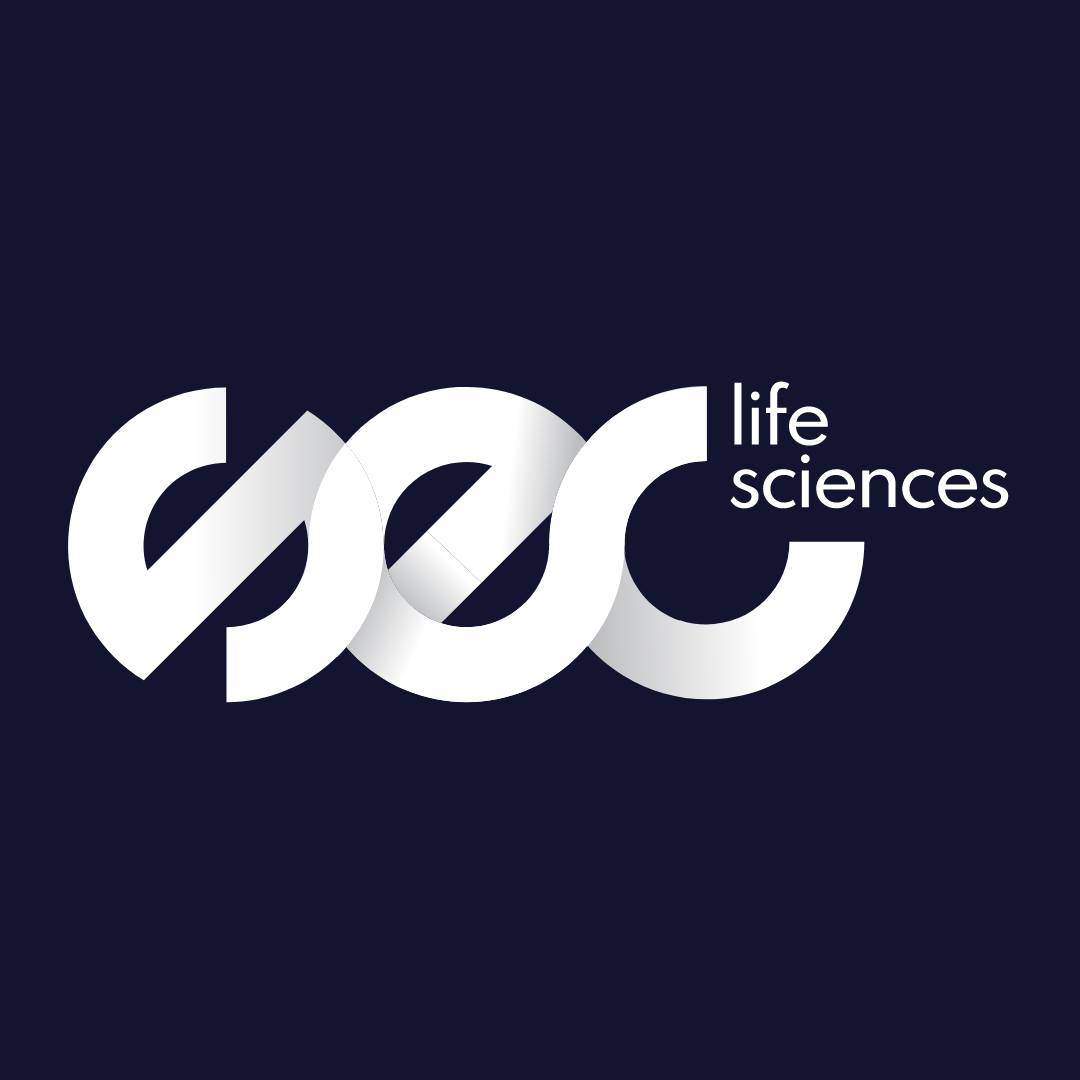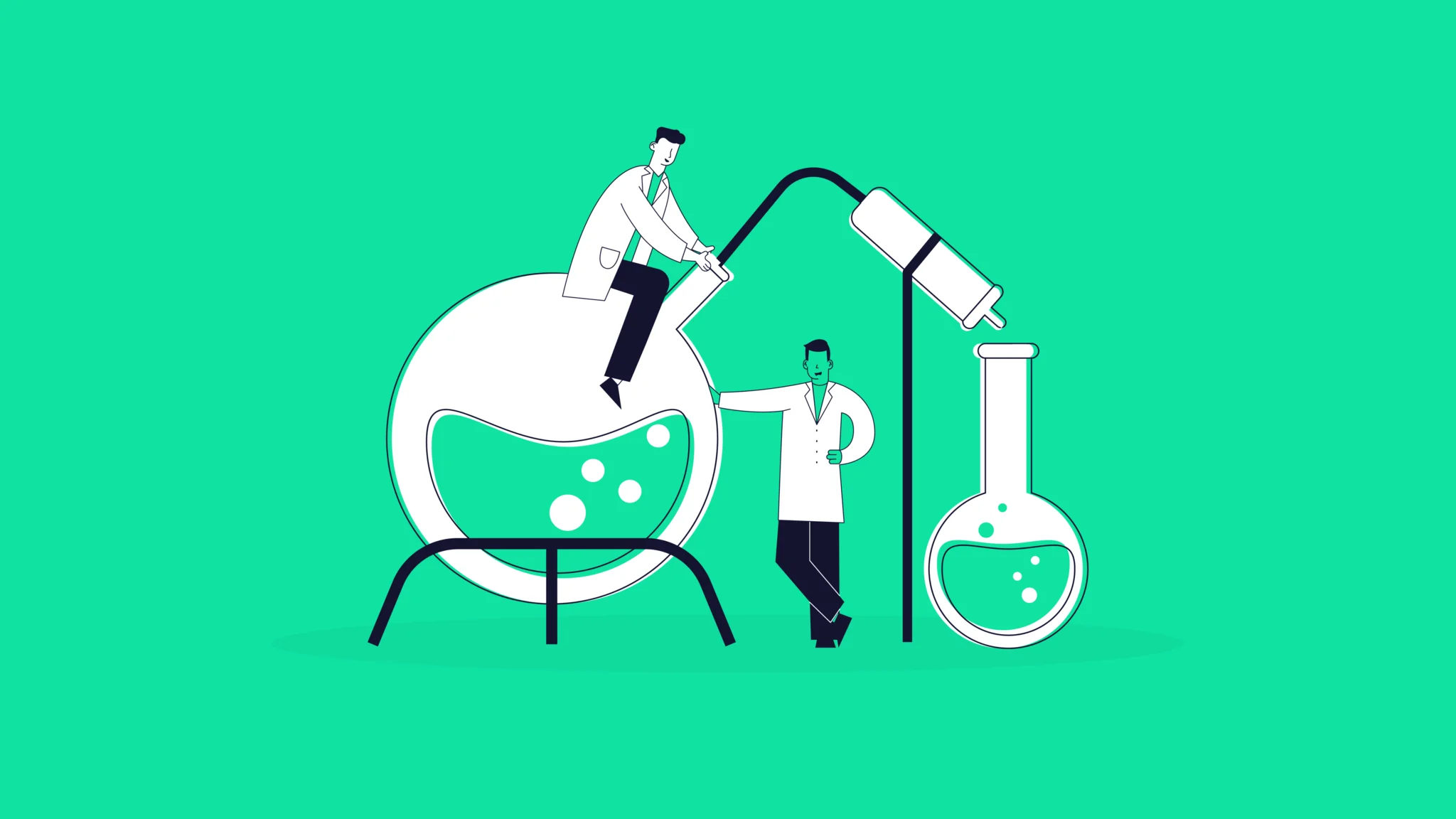
Latest News
From experimental treatment to viable therapeutic: the rise of psychedelics in the treatment of mental health disorders
09 Nov, 20214 MinutesA mental health crisis has highlighted an urgent need for new treatment options for sufferer...

A mental health crisis has highlighted an urgent need for new treatment options for sufferers of anxiety, depression, and other mental disorders. This need has opened the door for a flourishing new sub-sector of the life science industry, and 2022 is set to bring new clinical research as major players tune in to the benefits of psychedelic medicines.
In the US almost 1 in 5 people suffer from a mental health problem of some kind. In the UK this is as high as 1 in 4, and here reliance on antidepressants is close to double the level it was 10 years ago.
The human brain, though, is complex and difficult to study, so uncovering the roots of a psychiatric illness to develop potential treatments isn’t easy. Coupled with the fact that a person’s diagnosis may change several times throughout their life, progress on developments of drug treatments for mental illness has been frustratingly slow when compared to traditional therapeutic areas.
"Research and development in this area has been almost entirely dependent on the serendipitous discoveries of medications. From the get-go, none of it was ever based on an understanding of the pathophysiology of any of the illnesses involved." Thomas Insel, Former Director of the US Institute of Mental Health (NIMH)
Research into the efficacy of psychedelics has boomed in the last decade as rates of mental health problems has risen and attitudes toward treatments have changed, and such research has yielded promising results.
In the last two years the first treatments using drugs like psilocybin (the chemical compound present in magic mushrooms), ketamine and LSD have received approval in the US, EU and Canada, and are being ushered from the lab into pharmacies and therapists’ offices thanks to pioneering firms like COMPASS Pathways, Numinus and MindMed.
Early Research and Application
Following a successful $80m investment round during Q2 last year, London-based mental health care firm COMPASS Pathways is conducting a world-first large-scale trial into the use of psilocybin against treatment-resistant depression, which spans 20 trial sites in nine countries across the EU and US. The company received FDA Breakthrough Therapy designation back in 2018, and in February this year the biotech announced the expansion of its Discovery Centre as well as research collaborations with three world-leading psychedelic research scientists.
"Our mission has always been to accelerate patient access to evidence-based innovation in mental health. This is more important than ever now, with COVID-19 challenging our mental resilience. This shows that our investors recognise this urgent need for innovation in mental health and will enable us to do more research and development, bringing therapies safely to those who need them, as quickly as possible." George Goldsmith, CEO and Co-founder of COMPASS Pathways
Earlier this year Swiss-based biotech MindMed announced the start of their trial measuring and evaluating MDMA and LSD, with the goal of understanding how they could be used together to create better patient outcomes and develop more advanced psychedelic therapies.
It’s not the first time LSD has been used for research into mental health treatments, but it’s the first time both have been researched when used in combination with MDMA, which is hypothesised to offset some of the known negative effects of LSD that occur in clinical settings.
Another major name in the field is Canadian firm Numinus, a company with an ecosystem of healthcare solutions centred around research into psychedelic-assisted treatments. At its 7000-square-foot facility, they are cultivating and harvesting the mushrooms that produce psilocybin in order to develop standardised extraction methods, research product formations of the compound, and explore the delivery of safe and evidence-based psilocybin-assisted therapies in clinics.
The Future of Mental Health Care?
We need more large-scale studies involving diverse populations to learn as much as we can about the way that these treatments work. There is a lot still up in the air about the effects of psychedelics to treat mental disorders, but early trials and applications are encouraging.
What we do know is that psychedelic-assisted treatments can be powerful in reducing the suffering for at least some sufferers of anxiety, depression, PTSD and other mental health problems. We know that the stigma around discussion of mental health has seen a positive shift recently, so it’s a welcome sign that an increasing number of life science companies are focusing their attention on research that could lead to mental health treatments that compliment or prove more effective than those currently in the mainstream healthcare system.



